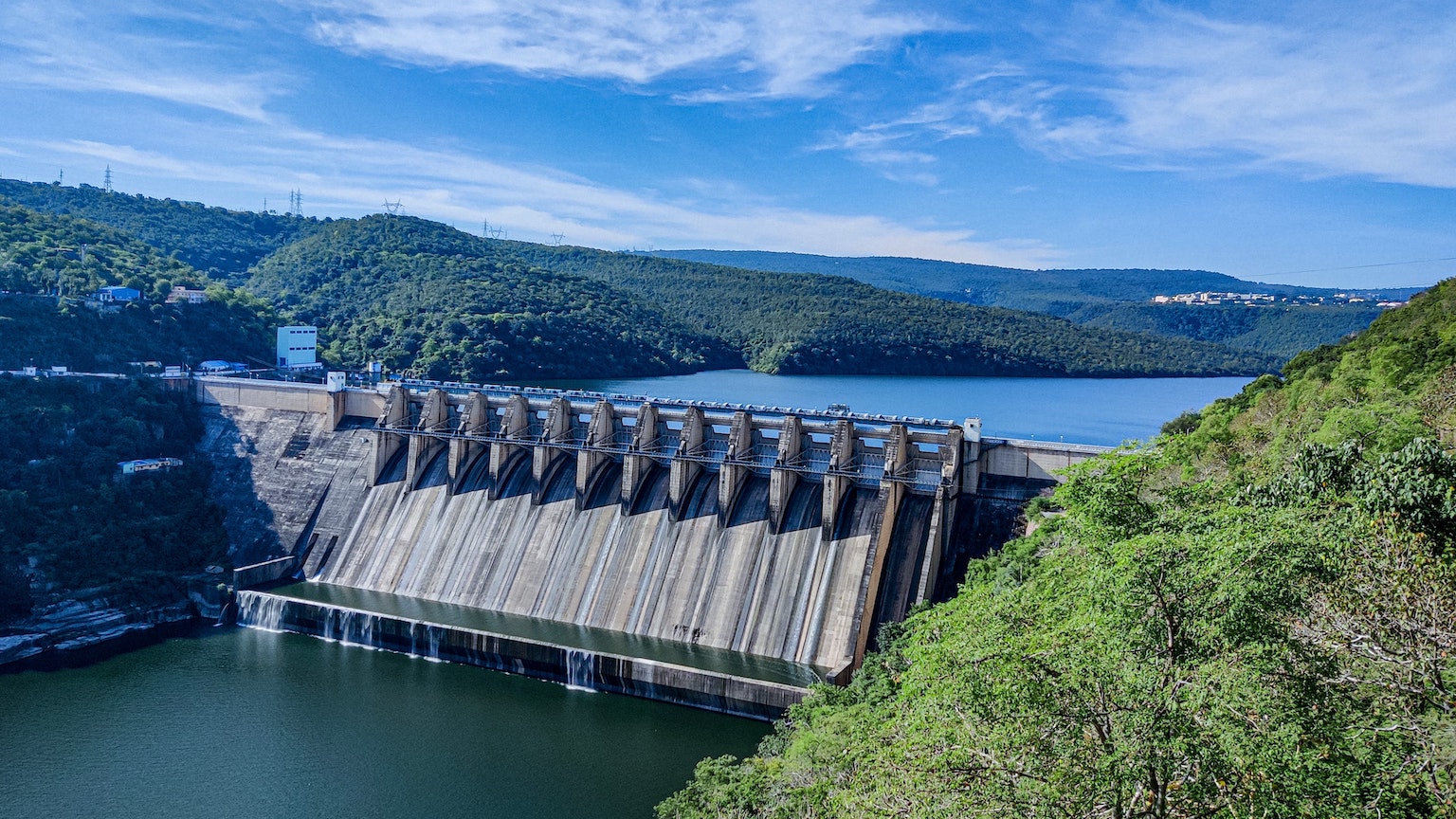The acclaimed economist talks oil prices, energy independence, and America’s unavoidable market vulnerability. Even though the United States is reeling in its reliance on foreign sources of oil, Summers says its link to the oil markets of Europe and Japan means an innate state of vulnerability.
Larry Summers: The main reason why oil prices are falling is that we had a stretch of time where we had rising supply from North America matched by falling supply from other places because of developments in Libya and developments in Iraq, developments in Iran. And the run of bad supply developments has largely stopped and the positive supply developments in the United States have continued. And the expectation that that will continue in the future is leading to a significant decline in the price of oil. My guess and guesses about oil prices are highly problematic is that they’re going to stay down, since it seems to me there’s probably more room for positive supply surprises from here than there is for negative supply surprises. No one really knows the price sensitivity of tight oil, shale type oil in the United States. My best guess would be that at prices above $60 the broad trend towards increasing U.S. supplies will continue.
And so I think we are making progress towards energy independence though I think energy independence is a somewhat complex goal and may mean less than presidents of the United States have often implied that it means. Japan and Europe remain dependent on Middle East oil and it is hard to believe that we could ever allow a situation to materialize where there was a vast difference in price between the price of oil in Japan and Europe and the price in the United States. And so if one asks the fundamental question is the world price of oil vulnerable to what happens in the Middle East the answer to that question is probably somewhat less than it was but it is still very vulnerable to what happens in the Middle East. And in that sense even if the United States stops being a net importer of oil it will still be very vulnerable and can’t really be said to be energy independent.






